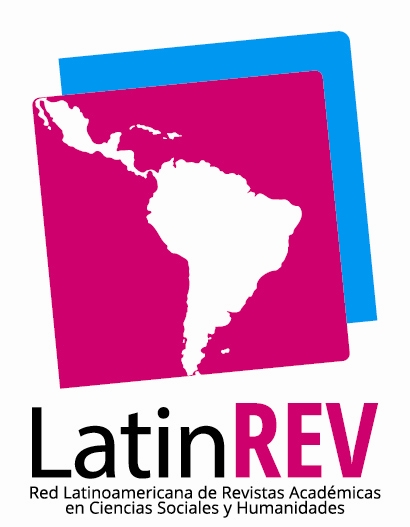The emergence of the constructivist paradigm in distance education. Its contributions to the renewal of education proposals
Keywords:
constructivism, distance education, processes of teaching and learningAbstract
This paper analyzes the implications of constructivism in distance education proposals. The new technologies - microcomputing - and access to personal microcomputers brought operativity to the teaching and learning processes, legitimizing the ideology of construction in our societies., The search for a theoretical anchorage within the constructivist paradigm that positions the teacher’s view toward learning, goal achievement and the means to achieve these goals, surpassing associationist learning theories, becomes relevant, in the attempt to make proposals for education with the distance-learning modality. The emergence of the constructivist paradigm, as well as the explanatory impact that it provides to education, favor the renewal of proposals for distance learning. From this paradigm, which contrasts the basic ideas of associationism, it is argued that learning is a committed process, active and full of meaning. Consequently, it is necessary that teachers know and carefully consider the concepts underlying their decisions, in order to set clear objectives, as well as to develop and justify their teaching. The teaching process that accompanies and promotes, requires constant adjustments in relation to changes in students' thinking. The aim of this paper is to highlight the constructivist assumptions that help to renew the proposals of distance learning.
Downloads
References
Baquero, R. (1997). Vigotski y el aprendizaje escolar. Buenos Aires: Aique.
Bruner, J. (1995). Actos de significados. Madrid: Alianza.
Bruner, J. (1995). Acción, pensamiento y lenguaje. Madrid: Alianza.
Coll, C. (1987). Psicología y Curriculum. Barcelona: Laia.
Doise, W. y Mugni, A. (1983). La construcción social de la inteligencia. México: Trillas.
García Madruga, J. A. (1992). “Introducción a la edición española”, en Introducción al procesamiento distribuido en paralelo. Madrid: Alianza.
Gimeno Sacristan, J. y Pérez Gómez, A. (1993). Comprender y transformar la enseñanza. Madrid: Morata.
López Meneses, E. (2006, 18 de octubre). “Interacción y comunicación: hacia el constructivismo virtual”. Blog Caminando hacia el Constructivismo. Recuperado de: http://e-constructivismo.blogspot.com/
Marti, E. (1996). “El constructivismo y sus sombras”, en Anuario de Psicología, 69, 3-18.
Mc Chelland, D. y Otros (1992). El atractivo del procesamiento distribuido en paralelo. Madrid: Alianza.
Papert, S. (1981). Desafío de la mente. Buenos Aires: Galápagos.
Piaget, J. (1978). La equilibración de las estructuras cognitivas. Problema central del desarrollo”. Madrid: Siglo XXI.
Vivas, J. (2008). “Psicología y nuevas tecnologías. Una perspectiva cognitivo constructivista en educación a distancia”, en Acta psiquiátrica y psicológica de América Latina, 45 (3), 256-266.
Wertsch, J. V. (1993). Voces de la mente. Madrid: Visor.
Downloads
Published
Issue
Section
ARK
License
Copyright (c) 2013 María Cecilia Bellina

This work is licensed under a Creative Commons Attribution 4.0 International License.






